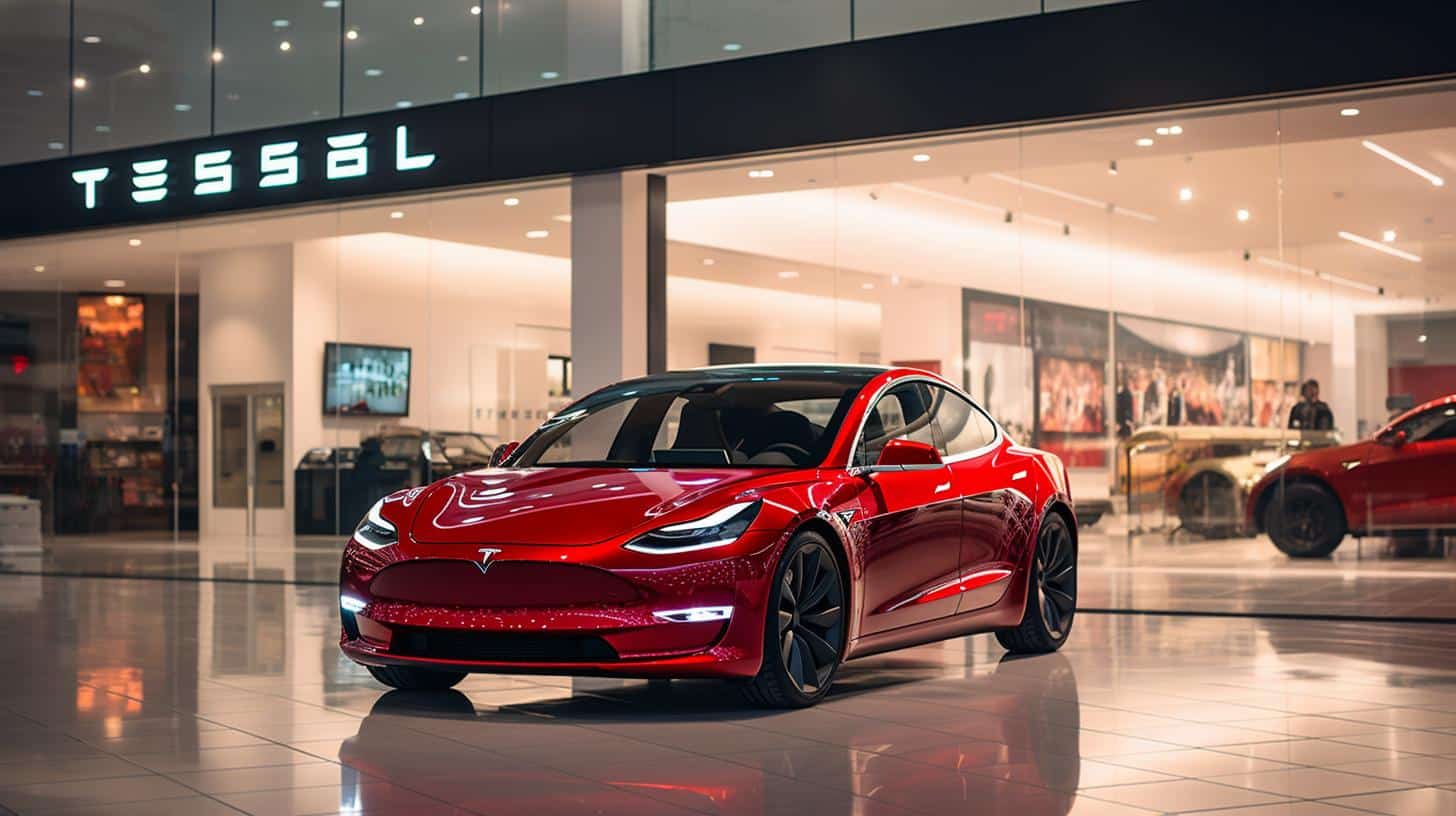China Urges EU to Remove Tariffs on Electric Vehicles by July 4 Amid Renewed Talks
BEIJING – China is asking the European Union (EU) to remove preliminary tariffs on Chinese electric vehicles (EVs) by July 4. This request follows an agreement for new trade talks between the two sides. The EU plans to impose duties up to 38.1% on Chinese-made EVs starting July 4, while it investigates claims of unfair subsidies to Chinese EV makers. China wants these tariffs canceled and is ready to negotiate.
Background on Tariffs and Talks
Tariffs are taxes on imported goods that make them more expensive, which can lead to a decrease in their purchase. In this case, the EU is placing tariffs on Chinese EVs because it believes China is giving too much financial support to its EV makers, which makes their cars cheaper and more competitive.
Beijing (the capital of China) does not want another tariff war, especially after the one with the United States during President Trump's time. China wants to avoid this kind of economic battle but is prepared to protect its companies if necessary. Talks to avoid these tariffs resumed after a phone call between EU Commissioner Valdis Dombrovskis and Chinese Commerce Minister Wang Wentao.
Potential Consequences
If the best outcome is reached, the EU will cancel its tariff decision before July 4. If not, the trade tensions between the EU and China could worsen. The final decision on these tariffs will be made on November 2, after the EU's investigation ends.
The EU has become more protective, worrying that cheap Chinese products could flood its market because China's domestic demand is weak. China denies these accusations, claiming its EV industry's success comes from its technology and market advantages, not unfair subsidies.
Previous Trade Tensions
Tensions between the EU and China increased in May 2021 when the European Parliament decided to freeze an important investment treaty with China. This was due to sanctions over alleged human rights abuses in China's Xinjiang region. More friction occurred when China downgraded diplomatic relations with Lithuania after Lithuania invited Taiwan to open an office in its capital.
Possible Retaliatory Measures
China has indicated it might retaliate if the EU doesn't back down. This could include investigating European exports like pork and dairy and imposing tariffs on European cars with large engines. China might also target more European agricultural products.
The EU on its side is investigating various Chinese products using new tools it has developed. This could lead to measures against Chinese products ranging from medical devices to steel pipes.
Understanding the Terms
Tariffs: These are taxes added to imported goods. For example, if the EU adds tariffs on Chinese EVs, this means those cars become more expensive to buy in Europe.
Subsidies: Financial support provided by the government. In this case, the EU believes China gives its EV makers too much subsidy, making their cars cheaper and unfairly competitive.
Retaliate: To take action against someone because they did something first. For example, if the EU imposes tariffs on Chinese EVs, China might retaliate by putting tariffs on European pork.
By simplifying these complex trade issues and breaking them down with examples, it becomes easier to understand the stakes both sides are negotiating. The outcomes of these talks could significantly impact the global market and economies of China and the EU.













